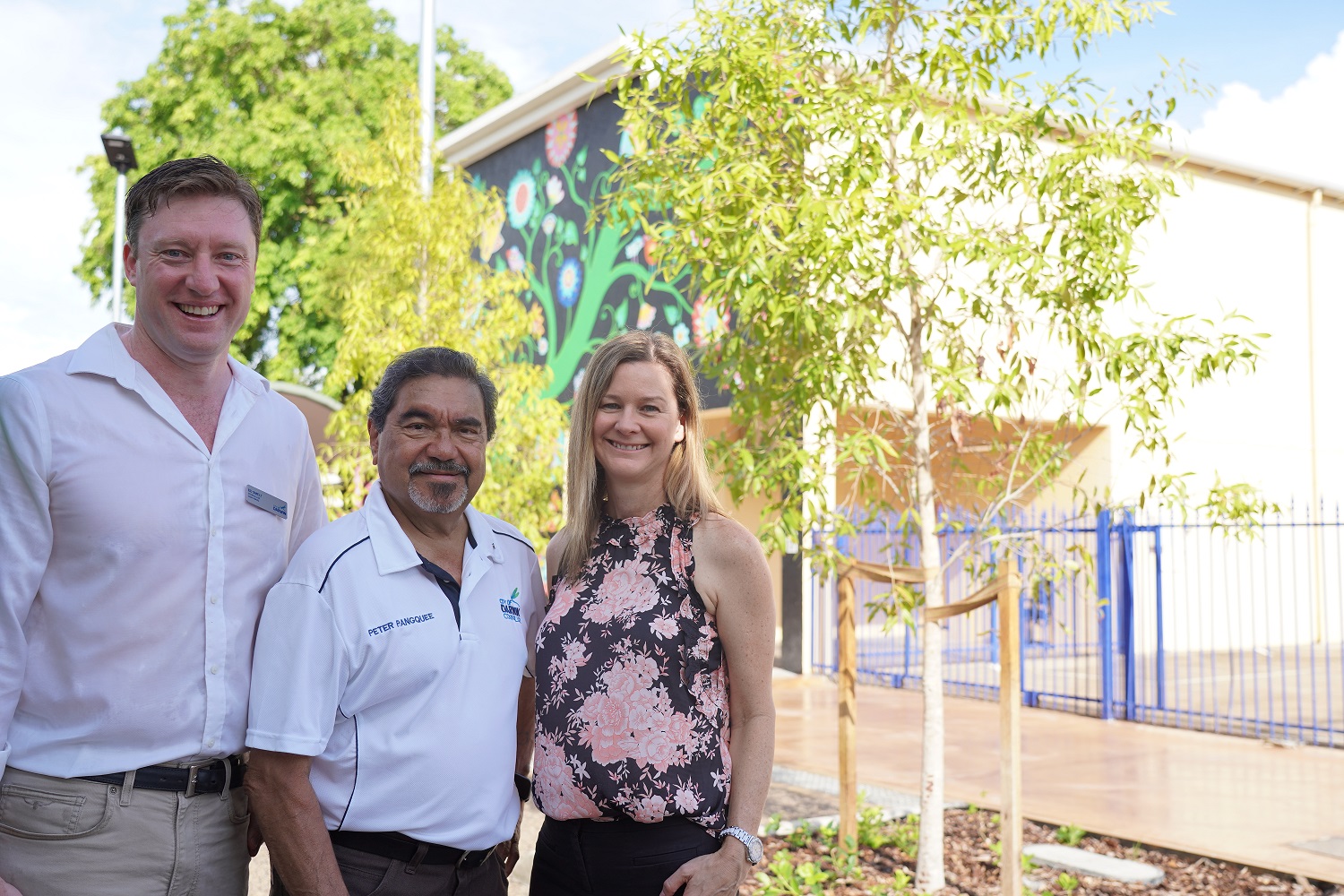Exopharm (ASX:EX1) has signed a Master Collaborative Services Agreement (MSA) with the Astellas Institute for Regenerative Medicine (AIRM).
AIRM is a subsidiary of global biopharmaceutical company Astellas Pharma.
“Astellas is keen to evaluate whether exosomes could become part of their future pipeline of innovative products. This collaboration services agreement defines how Astellas and Exopharm will work together in some important initial laboratory work,” said Dr Ian Dixon, the managing director and founder of Exopharm.
“At AIRM, we are always looking to advance our science and pipeline with cutting edge technologies and development techniques”, said Dr Jaime Chaufty, a director of research at AIRM.
“We believe Exopharm’s proprietary technology platforms may help us address some of the challenges involved in the development and use of extracellular vesicles for regenerative medicine.”
Under the terms of the MSA, AIRM will pay Exopharm fees of up to US$481,000 for both projects over a period of around 15 months, starting in March 2022.
“This is a major milestone for us in its own right, but it is also the crucial first step for any drug development partnership in the future,” said Dr Chris Baldwin, chief commercial officer and deputy CEO of Exopharm.
The MSA enables laboratory work to demonstrate the effectiveness of Exopharm’s LEAP, LOAD and EVPS technologies utilising AIRM’s cell-based therapeutic technologies.
The LEAP project will commence in early 2022 at Exopharm’s laboratories in Melbourne and will seek to validate the use of Exopharm’s LEAP technology platform to purify exosomes derived from two proprietary AIRM cell lines.
A second phase of the project will involve transferring the LEAP technology to AIRM research headquarters in the US for their further evaluation and use.
“Regenerative medicine holds the promise of repairing or replacing the patient’s cells to restore normal function. More recently, the advantages of exosomes derived from human cells but delivered as an acellular therapy have been investigated. But purification of exosomes as a biomanufacturing process has blocked progress. Exopharm’s patented LEAP purification technology changes all that – opening up the very real prospect of exosomes as next-generation medicines to treat unmet medical needs,” said Dr Dixon.
“Exopharm has built a set of unique technologies to enable exosome medicines to be developed and commercialised, including the LEAP technology, which recently received a patent from the USPTO. Our strategy is to make our proprietary technologies available under license to leading pharmaceutical companies such as Astellas. Exopharm has the potential to build ongoing revenue streams from such licenses through multiple alliances. Technical collaboration, demonstration and sharing data – as provided by this agreement – is the critical first step,” added Dr Dixon.




